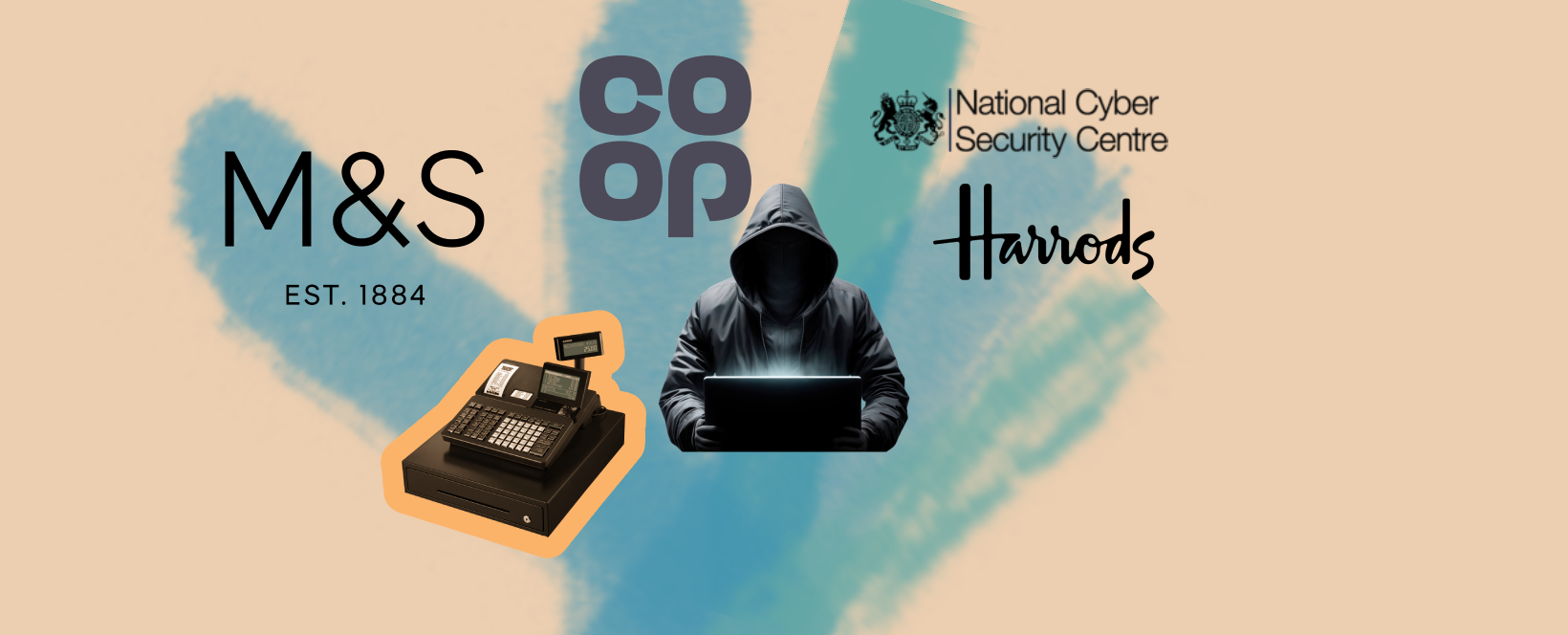Introduction
In an era of rapid technological disruption and evolving business needs, identifying the most valuable workforce skills has become critical for organizations and individuals alike. While specific job roles may change, the foundational skills employers seek are becoming more consistent—and more future-proof.
The chart below, drawn from the Future of Jobs Report 2025, outlines the core skills that employers consider essential for today's workforce. Although based on current expectations, these capabilities are widely regarded as key to thriving in the workplace of tomorrow.
Interpersonal Meets Cognitive: The Top 5
According to the survey, analytical thinking remains the single most valued core skill, with 69% of companies identifying it as essential. Closely following are resilience, flexibility and agility, and leadership and social influence—highlighting the growing demand for adaptive and emotionally intelligent professionals.
Creative thinking and motivation and self-awareness complete the top five, reflecting the rising importance of self-efficacy, innovation, and the capacity to stay driven amidst change.
Together, these skills paint a picture of the ideal employee: someone who can solve complex problems, lead with empathy, and navigate ambiguity with confidence.
The Evolving Mix of Technical and Human-Centric Abilities
Beyond the top five, skills like technological literacy, empathy and active listening, curiosity and lifelong learning, and talent management indicate a strong emphasis on balancing technical acumen with soft skills. Employers are increasingly looking for workers who can code or manage data—and collaborate effectively, learn continuously, and relate to others.
In particular sectors, these trends deepen. For example, the Telecommunications and Information Technology Services industries place higher-than-average importance on programming, networks and cybersecurity, and design and user experience. In contrast, Mining and Metals and Government sectors are emphasizing environmental stewardship and manual precision—underscoring the sector-specific nature of some core competencies.
Change Over Time: Comparing to 2023
Compared to previous editions of the report, notable shifts have occurred:
- Leadership and social influence, AI and big data, and resilience have seen significant increases in importance, rising by over 15 percentage points each.
- Conversely, skills like dependability, attention to detail, and quality control have seen a decline in relevance, suggesting a movement away from rigid task execution toward flexible, strategic thinking.
This evolution reflects the changing demands of the modern workplace, where agility, creativity, and leadership are becoming non-negotiable.
Final Thoughts
The skills outlined in this chart are not just trending—they're foundational. Regardless of sector or geography, employers agree that a combination of cognitive ability, emotional intelligence, and technological fluency is essential for navigating both today’s roles and those yet to emerge.
Investing in these future-resilient skills is not only smart career strategy—it’s essential for long-term professional sustainability.



















Discussion